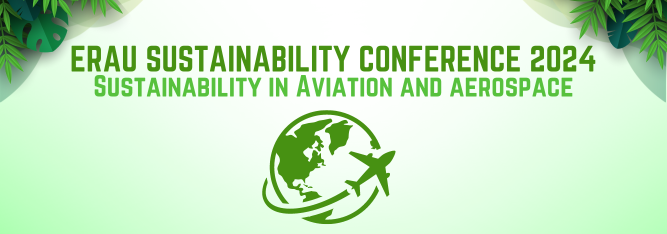Seaweed to Sustainable Plastic: Bioengineering the Future of Materials
Presentation Type
Poster Presentation
In Person or Zoom Presentation
In-Person
Campus
Daytona Beach
Status
Student
Presentation Description/Abstract
The widespread use of plastics has revolutionized industries and daily life since the mid-20th century, primarily due to their versatility, durability, and low cost. The increasing environmental impact of conventional plastics such as microplastics has driven the search for sustainable alternatives, with seaweed-based bioplastics emerging as a promising solution. Seaweed, a renewable and abundant marine resource, contains polysaccharides such as alginate and carrageenan, which makes it a viable resource for bioplastic production. This research will investigate the bioengineering techniques, and future prospects of seaweed-derived plastics, emphasizing their potential to revolutionize the plastics industry and contribute to a sustainable circular economy. Advances in metabolic engineering, enzymatic treatment, and genetic modification are enabling the optimization of seaweed’s biochemical pathways, enhancing the production efficiency and mechanical performance of the resulting bioplastic. Seaweed bioplastics have a range of desirable material properties to accommodate a wide variety of applications such as single use plastic replacements. This marvel not only reduces dependency on fossil fuels used to create plastic but also mitigates marine pollution by offering a material that can biodegrade naturally.
Keywords
Bioengineering, sustainability, plastic, seaweed, biodegradable
Seaweed to Sustainable Plastic: Bioengineering the Future of Materials
The widespread use of plastics has revolutionized industries and daily life since the mid-20th century, primarily due to their versatility, durability, and low cost. The increasing environmental impact of conventional plastics such as microplastics has driven the search for sustainable alternatives, with seaweed-based bioplastics emerging as a promising solution. Seaweed, a renewable and abundant marine resource, contains polysaccharides such as alginate and carrageenan, which makes it a viable resource for bioplastic production. This research will investigate the bioengineering techniques, and future prospects of seaweed-derived plastics, emphasizing their potential to revolutionize the plastics industry and contribute to a sustainable circular economy. Advances in metabolic engineering, enzymatic treatment, and genetic modification are enabling the optimization of seaweed’s biochemical pathways, enhancing the production efficiency and mechanical performance of the resulting bioplastic. Seaweed bioplastics have a range of desirable material properties to accommodate a wide variety of applications such as single use plastic replacements. This marvel not only reduces dependency on fossil fuels used to create plastic but also mitigates marine pollution by offering a material that can biodegrade naturally.

